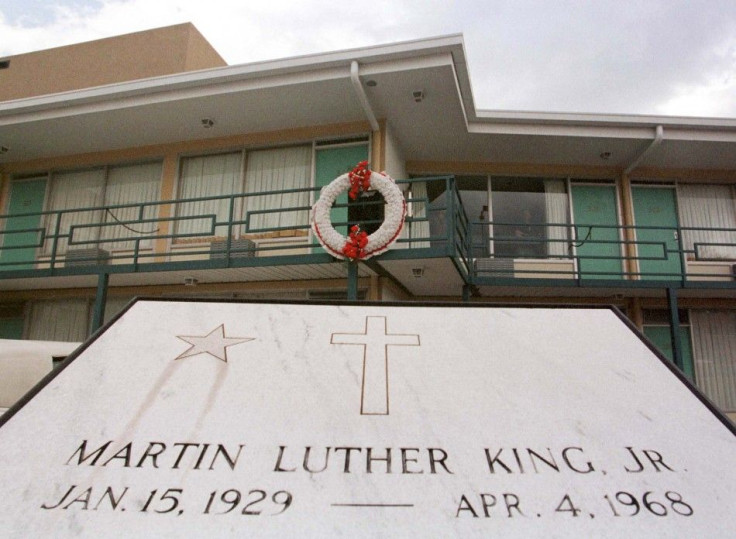Martin Luther King Jr. Day: Closings, Celebrations and History

For two and a half decades, schools and other public agencies close on the third Monday of January so Americans can give back to the country in honor of civil rights champion Martin Luther King Jr. Below are the important details on the federal holiday, this year on Jan. 16.
Closings
- As a federal holiday state government offices are closed. Local government offices are closed with a few exceptions.
- Banks have the option to close, and most of them will. TD Bank will be open.
- Public schools are closed. Private schools have the option.
- Courts are closed, with some exceptions depending on state.
- No snail mail: post offices are closed, except for Express mail.
- Most liquor stores close on the holiday.
- Most libraries are closed.
Celebrations
While MLK Day is a great day to sleep in and relax, the government also encourages Americans to come together to serve their neighbors and communities, in honor of the service Martin Luther King Jr.
On the government's official MLKDay.gov is a directory of community volunteer projects, from mural painting to helping the homeless, organized by location.
Towns and cities across the nation also put together parades on the holiday and the holiday weekend. Schools, universities and museums hold educational seminars, street fairs, and performances based on themes like unity and civil rights - usually listed in the local paper and websites.
History
About two decades after Martin Luther King Jr. was assassinated in 1968, President Ronald Reagan declared the third Monday in January as a federal holiday in honor of the activist's birthday (Jan. 15). The idea, however, began as a union demand in contract negotiations. Democratic Representative John Conyers and Republican Sen. Edward Brooke introduced the bill for a Martin Luther King Jr. Day four days after he was assassinated, but William P. Jones writes in The Nation that it would have never made it pass the committee if it weren't for thousands of working-class Americans who risked their jobs over the next fifteen years to demand the right to honor a man they viewed as a working-class hero.
The holiday was not completely embraced at first. Through the 1980s, several lawmakers and citizens petitioned the President about the day, questioning whether or not King was important enough to be honored in such a way. Others questioned his opposition to the Vietnam War and accused him of being too socialist, or worried about costs and budget.
President Ronald Reagan signed the bill in 1983 and it was first officially observed on Jan. 20, 1986.
© Copyright IBTimes 2024. All rights reserved.











